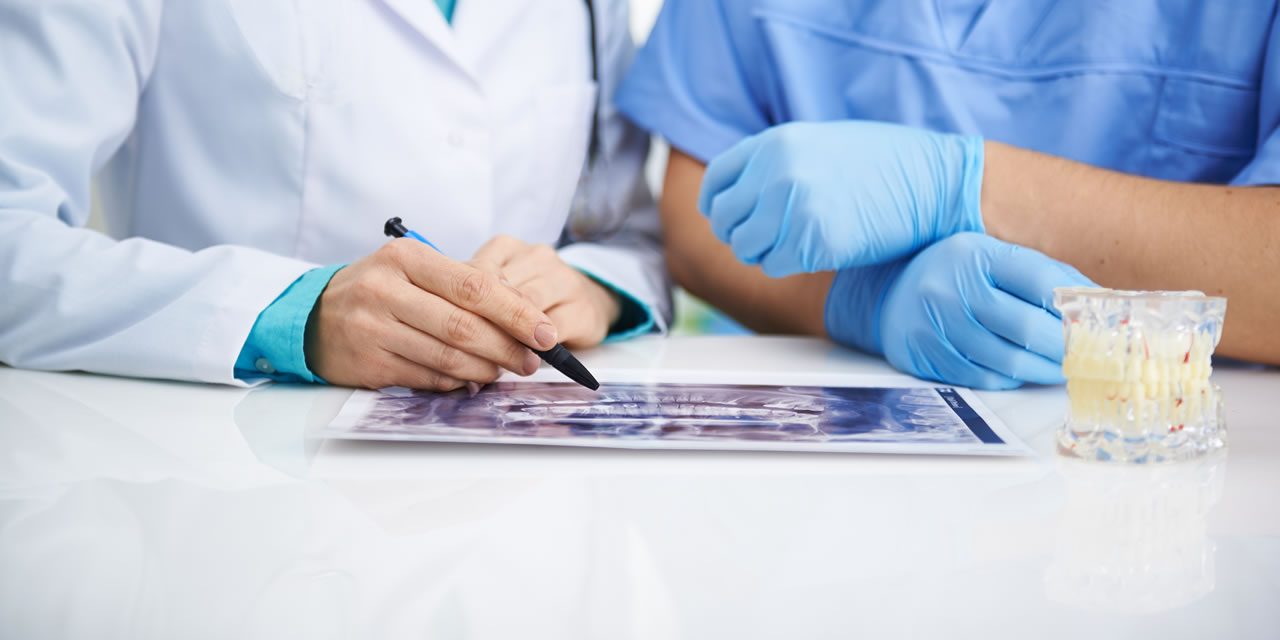
Dental Laser Technology
Laser dentistry (also known as “no-drill dentistry”) uses highly concentrated beams of light to affect the tissues of the mouth. Dental lasers are used for a wide variety of cosmetic and restorative dentistry procedures, including for teeth whitening, preparing for filling cavities, and treating tooth sensitivity.
Dental lasers use focused light beams to create changes in the tissue of the mouth. They can be used by dentists and oral surgeons for procedures ranging from periodontal restorations to the removal of tumours to in-office teeth whitening.
Dental Laser Procedures
Most people don’t know that the word “LASER” is an acronym for “light amplification by the stimulated emission of radiation.” Lasers convert light into highly concentrated beams. Tissue that is touched by lasers reacts to the light energy in specific ways. In most cases, lasers are used for cutting the tissue.
Some of the laser treatment options that dental lasers can aid in include:
- Activation of bleach used in teeth whitening
- Removing tooth decay in preparation for dental fillings or root canals
- Biopsies or tissue removal
- Gum disease treatments, such as crown lengthening
- Tissue retraction or “troughing” for impressions of the teeth
Learn More About Laser Dentistry
Lasers for Hard Tissues and Soft Tissues
There are different types of dental lasers used for various dental procedures. Some lasers work on the hard tissues of the mouth (the teeth), while others work on the soft tissues, such as the gums, soft palate, and tongue.
Hard Tissue Lasers
Hard tissue lasers are often used to remove some of the tooth structure, usually in preparation for a restorative or cosmetic dental procedure. For example, a hard tissue laser may be used to remove part of the tooth so that a dental crown can be fitted over it.
Soft Tissue Lasers
Soft tissue lasers are often called dental diode lasers. They can be used to cut or reshape the soft tissues of the mouth. Some of the dental procedures dental diode lasers are used for include treatments for periodontal disease, sterilizing endodontic canals, and preparations for other dental treatments.
The Benefits of Laser Dentistry
Many dentists have performed dental procedures involving dental lasers. They’re becoming a more common tool used by dentists and oral surgeons due to the benefits they offer, including:
- Less risk of infection
- Faster healing
- Greater accuracy
- Less bleeding (because they seal blood vessels while cutting)
In some cases, dental lasers may also require less anesthetic to control pain during dental procedures.
Learn More About Laser Dentistry
Find a Local Dental Clinic
Search the 123Dentist network of dental professionals to find a dental clinic near you. Our dental professionals include general dentists and specialized dentists across Canada with a range of dental technology available to support you in your oral health.
